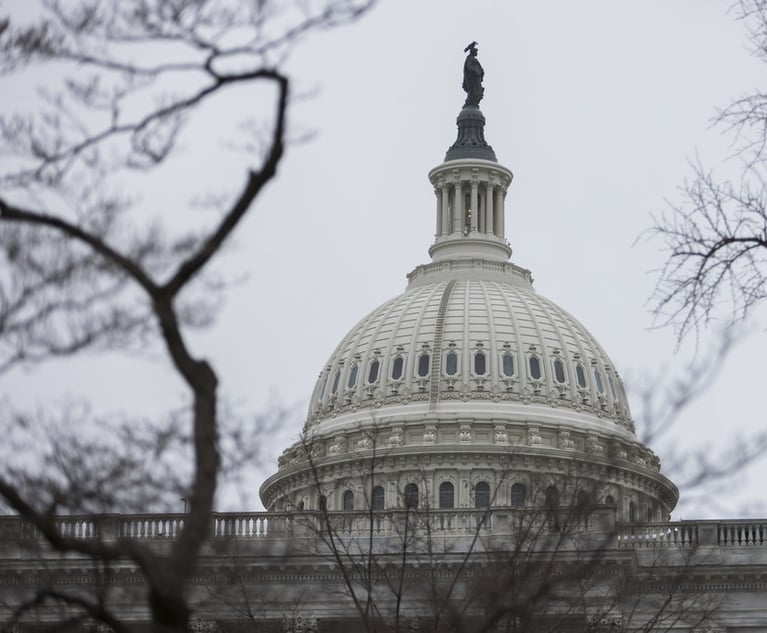When the U.S. Supreme Court decided Maine Community Health Options v. United States on April 27, commentators in both popular and legal media saw it as yet another rejection by the Supreme Court of attempts to undermine the Affordable Care Act, popularly known as Obamacare. Neglected in these reports was the court’s halt to the decades-long tug-of-war between the U.S. Court of Federal Claims and the federal district courts on jurisdiction over what are essentially money claims against the federal government.
Over more than a century, statutory waivers of federal sovereign immunity were enacted piecemeal by Congress, but they nevertheless fit together into a reasonably well-woven tapestry of causes of action against the United States. Consistent with this coherent understanding, the Administrative Procedure Act for specific relief claims to be brought in federal district court and the Tucker Act for money claims to be filed in the Court of Federal Claims were appreciated as complementary provisions, rather than overlapping or conflicting.


 U.S. Supreme Court building at night in Washington, D.C.
U.S. Supreme Court building at night in Washington, D.C.





